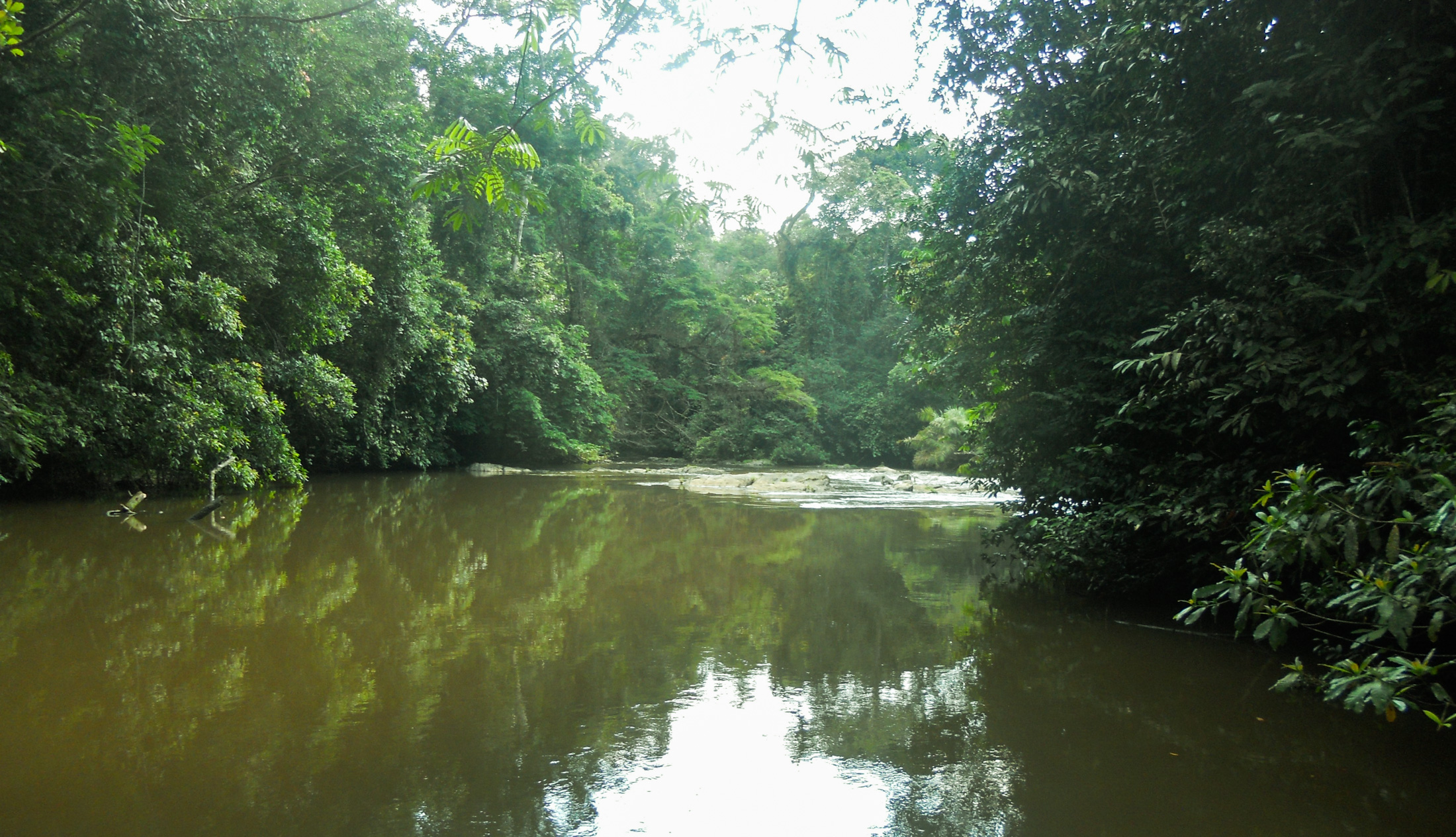Liberia
The largest portion, i.e. 42% of the remaining Upper Guinea Rainforest is located in Liberia. A conservation priority-setting initiative for the Upper Guinea Forest Ecosystem in 1999 identified Liberia as the top priority country in humid West Africa from a conservation perspective. Home to two of the three remaining large blocks of the Upper Guinea Forest, Liberia offers one of the best chances for the survival of the Forest Elephant in West Africa. However, since efforts started in the 1980s, the development of conservation action in Liberia has suffered many setbacks, mainly due to more than a decade of civil war, but also more recently by the biggest Ebola outbreak to date. Liberia currently holds five designated Protected Areas that include about 4,7% of its total land area and 7,1 % of its remaining forest cover, respectively, being still far away from the national goal, set in 2003, to establish “a biologically representative network of protected areas covering at least 30% of the existing forest area”. Further, as Liberia emerges from conflict and reconstitutes its agricultural and economic sectors, the country’s forests and biodiversity face increasing pressure from mining, logging and oil palm production. Expanding agricultural and natural resource concessions in the relatively intact northwestern and southeastern forest blocks is leading to fragmentation and reduction of the Forest Elephant’s habitat.
However, there is also hope for the Forest Elephants of Liberia. The Government of Liberia has signalled a strong commitment to its role in biodiversity conservation in West Africa. Liberia is not only signatory to relevant international conventions such as for example the Convention on International Trade in Endangered Species (CITES), the International Union for Conservation of Nature (IUCN) and the Elephant Protection Initiative (EPI), but also shows engagement on the national level, among others by the establishment of environmental protection agencies, the designation of Protected Areas and the adoption of Wildlife Laws and Species Action Plans. The Forest Elephant is fully protected under the Liberian Wildlife Law, and in 2016 a workshop, supported by international partners, was held in Liberia to develop a 10-year conservation strategy for the Forest Elephant. The “National Elephant Action Plan” (NEAP) was finally adopted by the Government of Liberia in March 2017, a milestone that gives hope for the survival of a viable population of West African Elephants.

